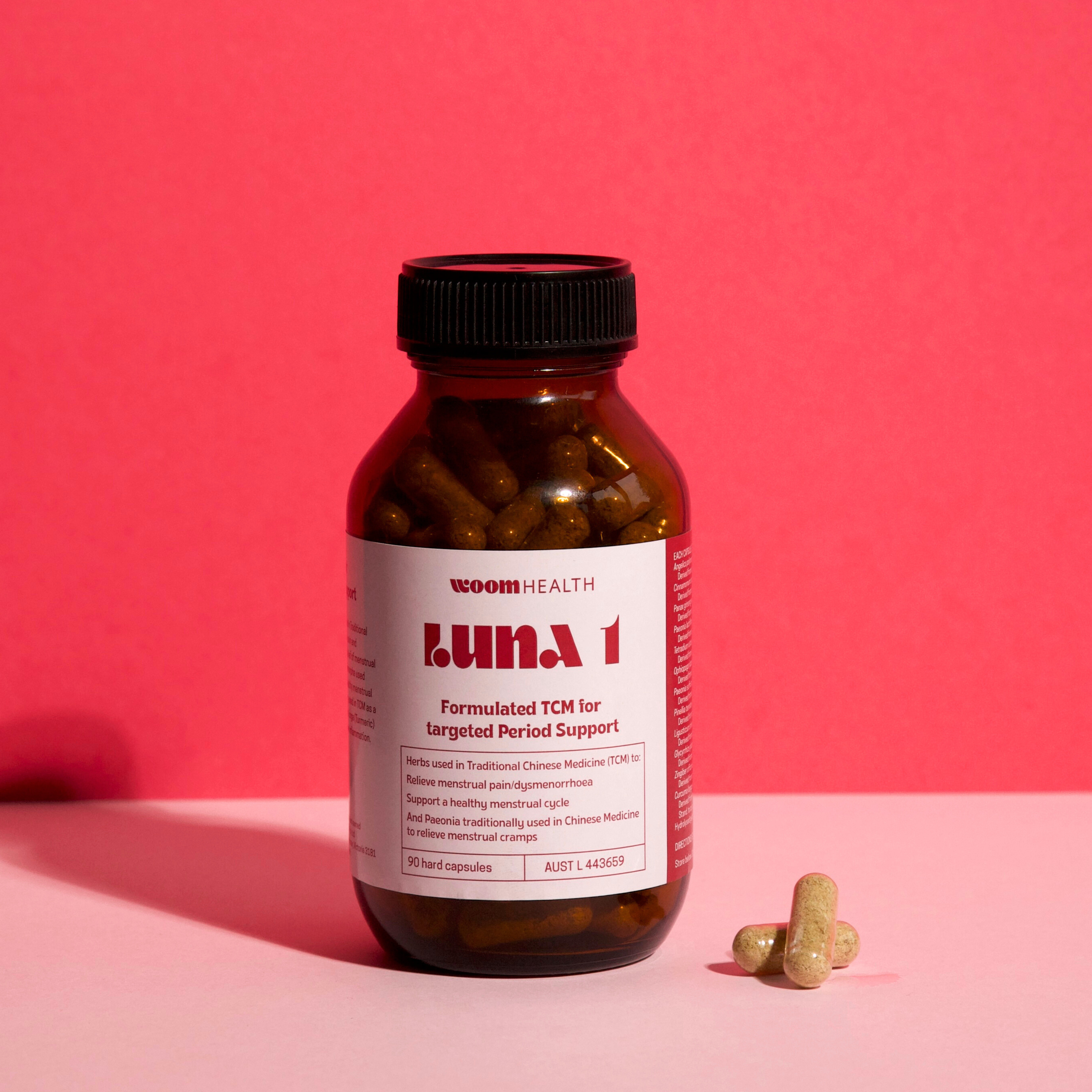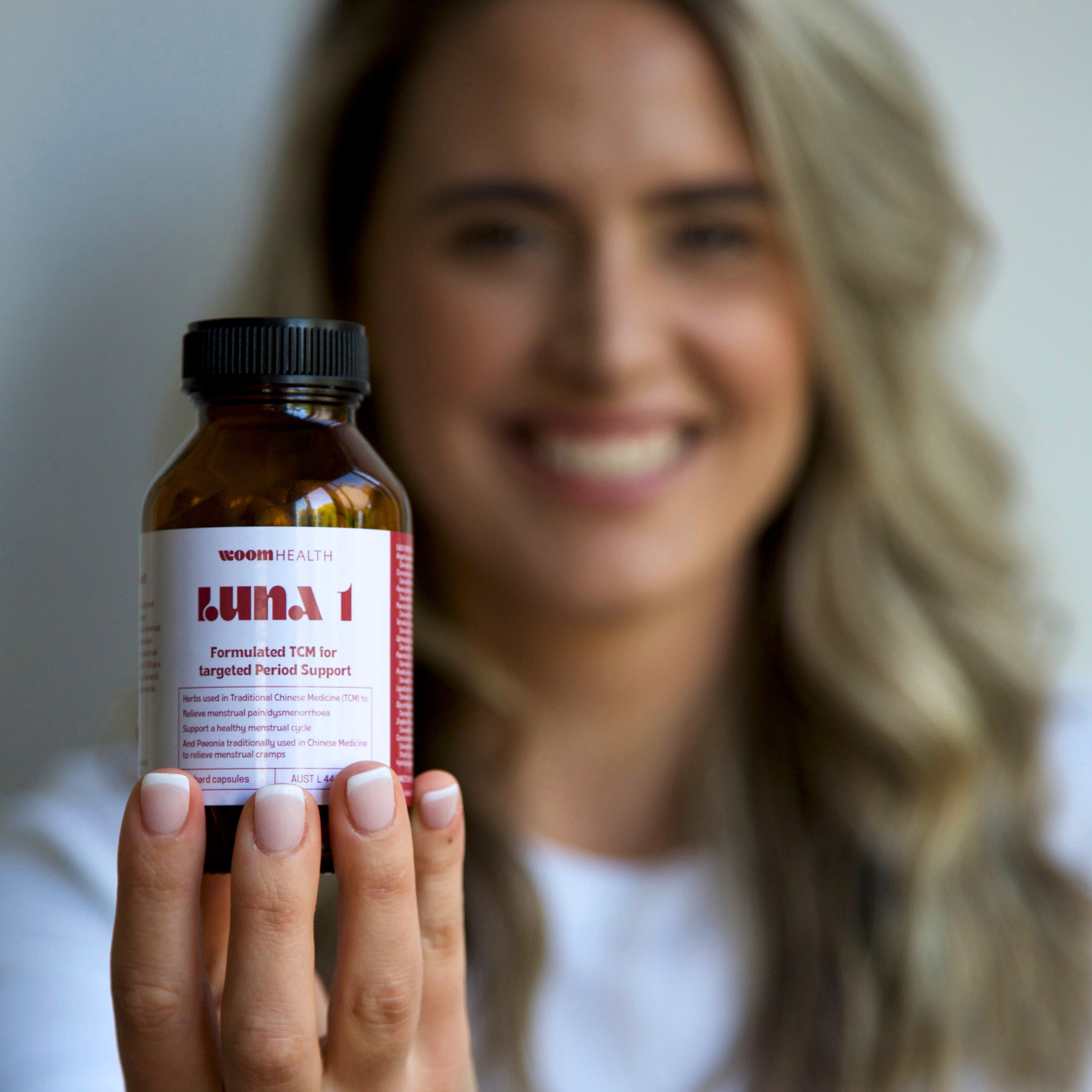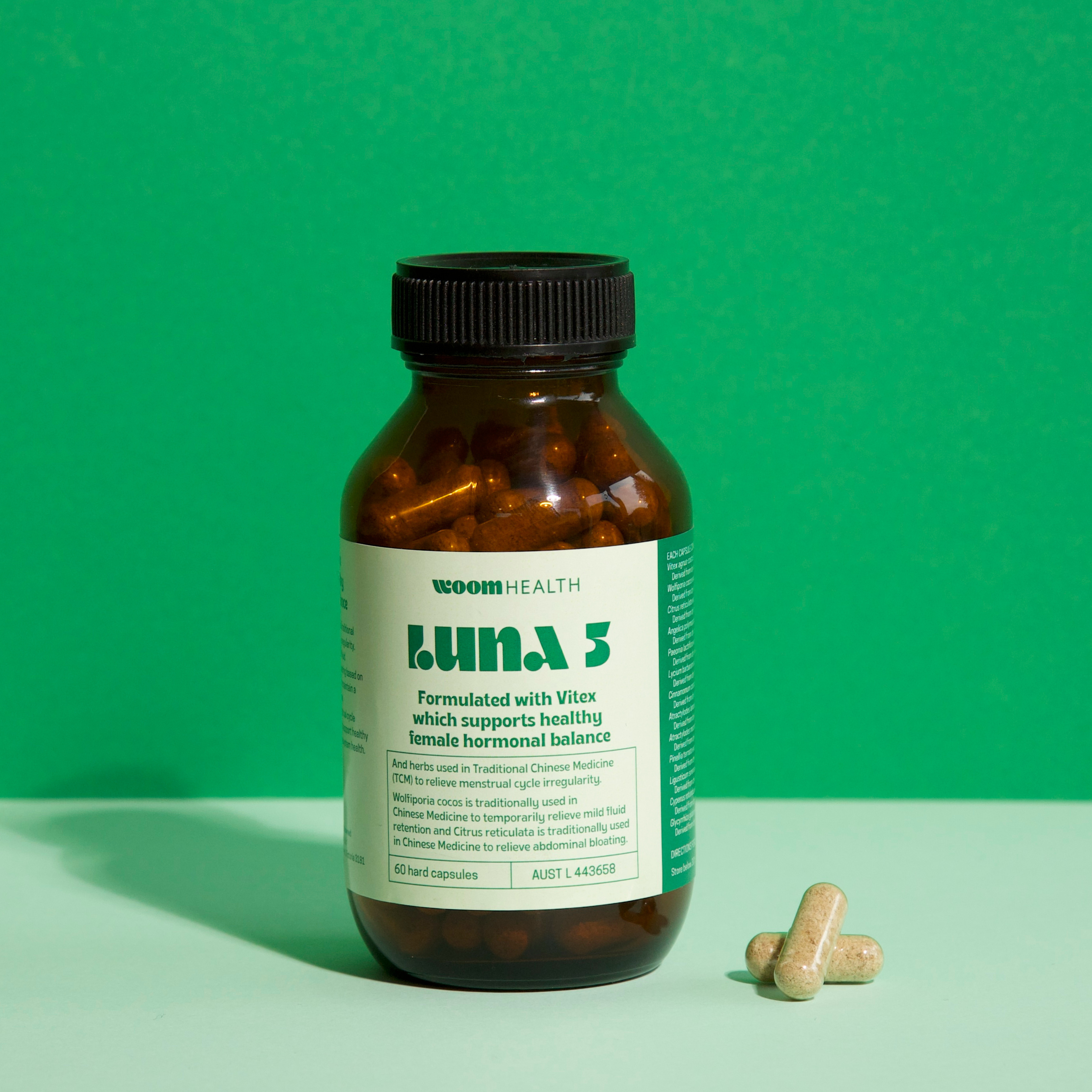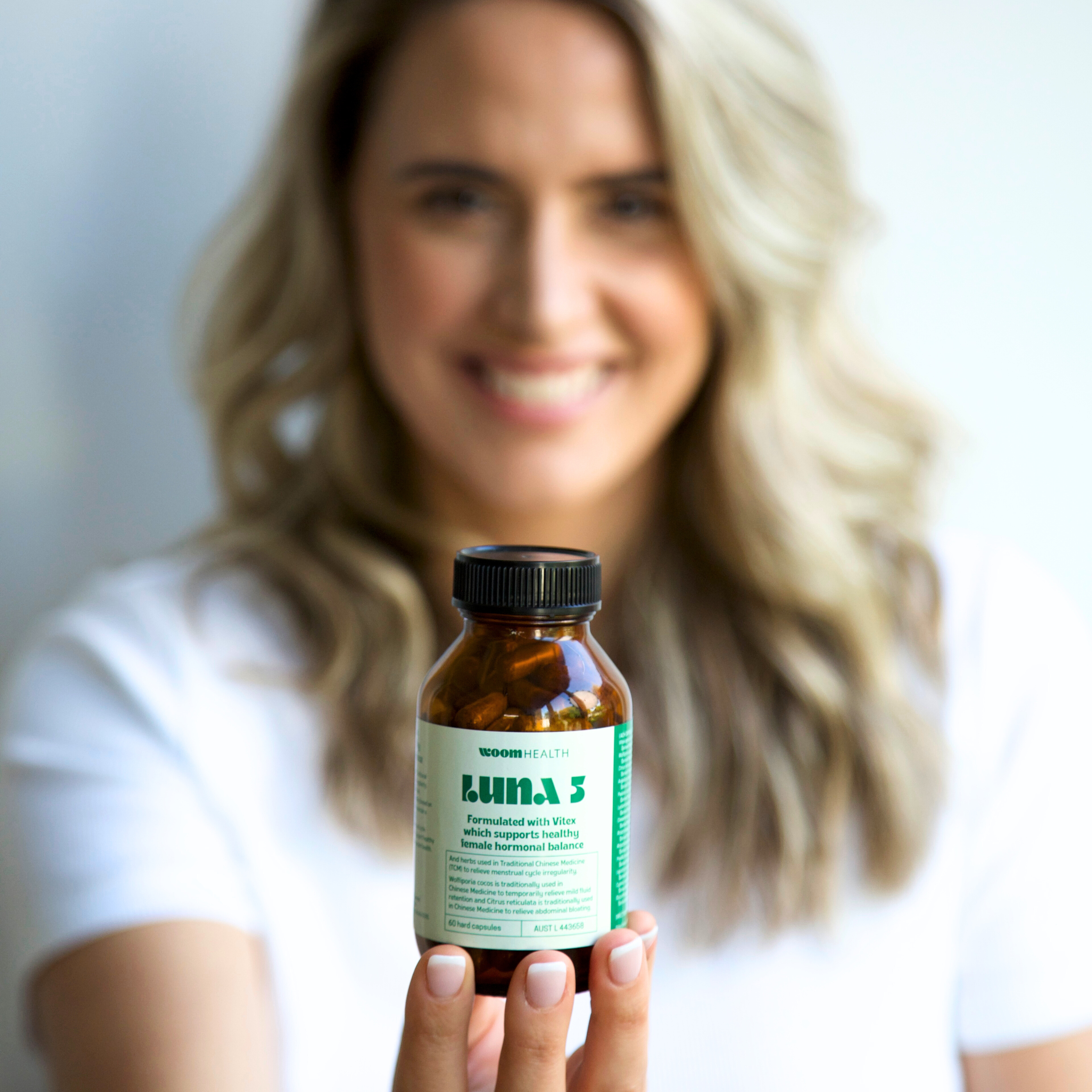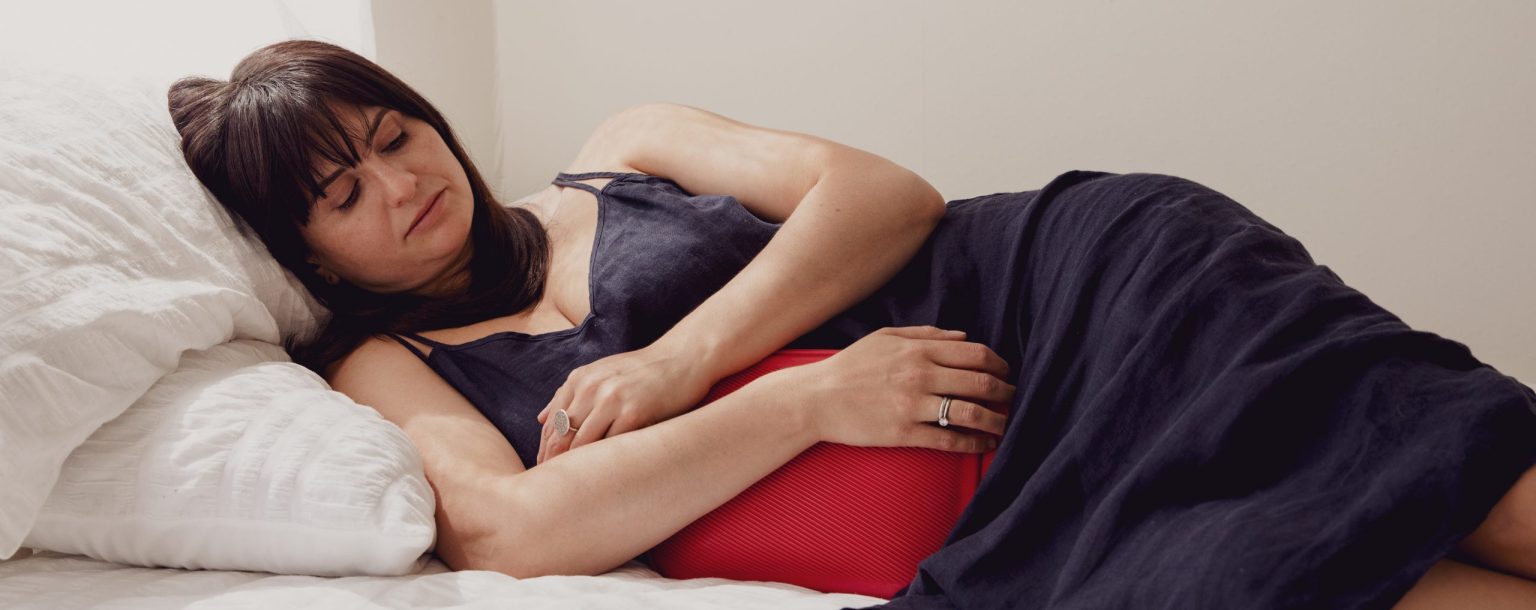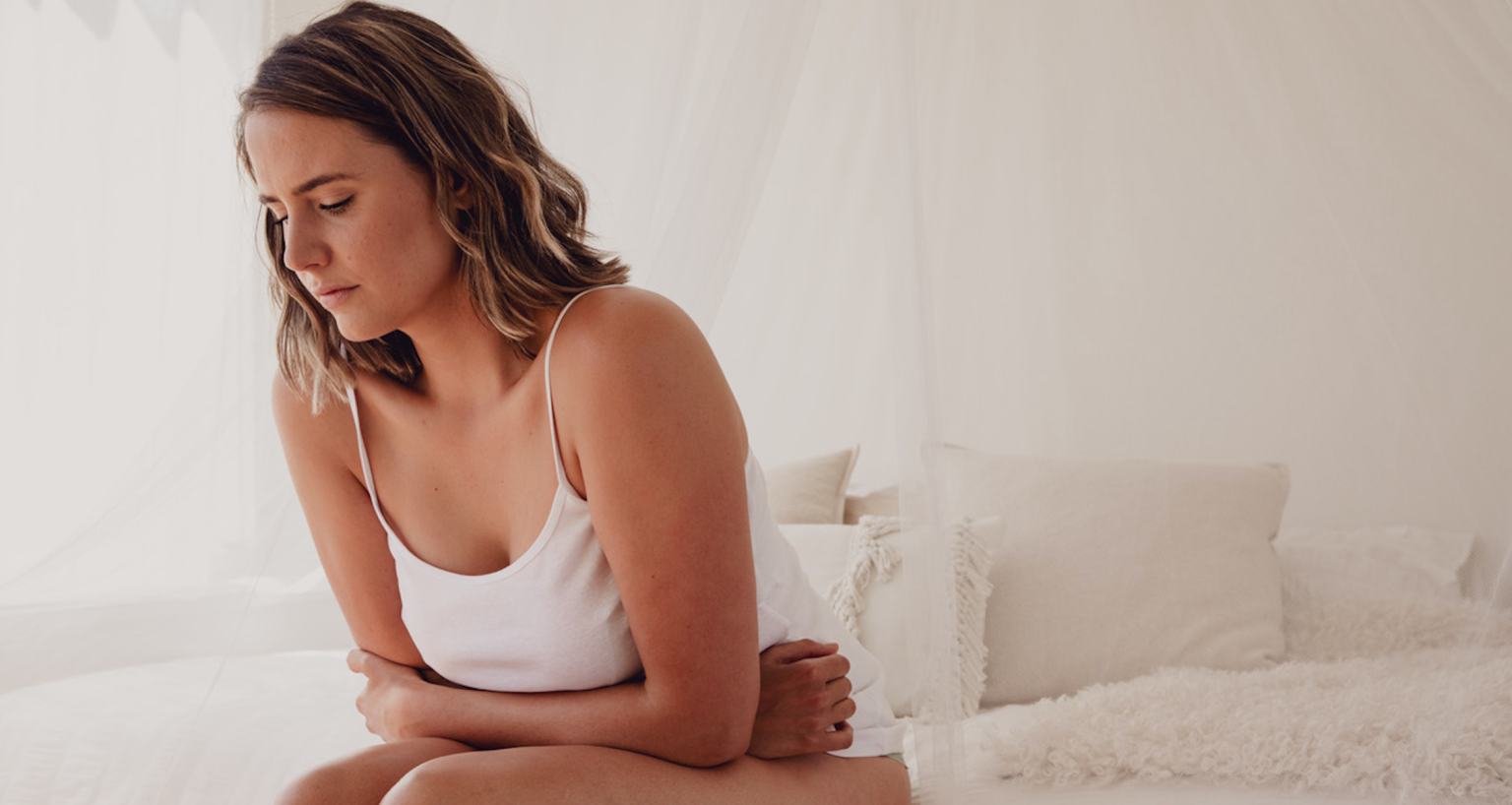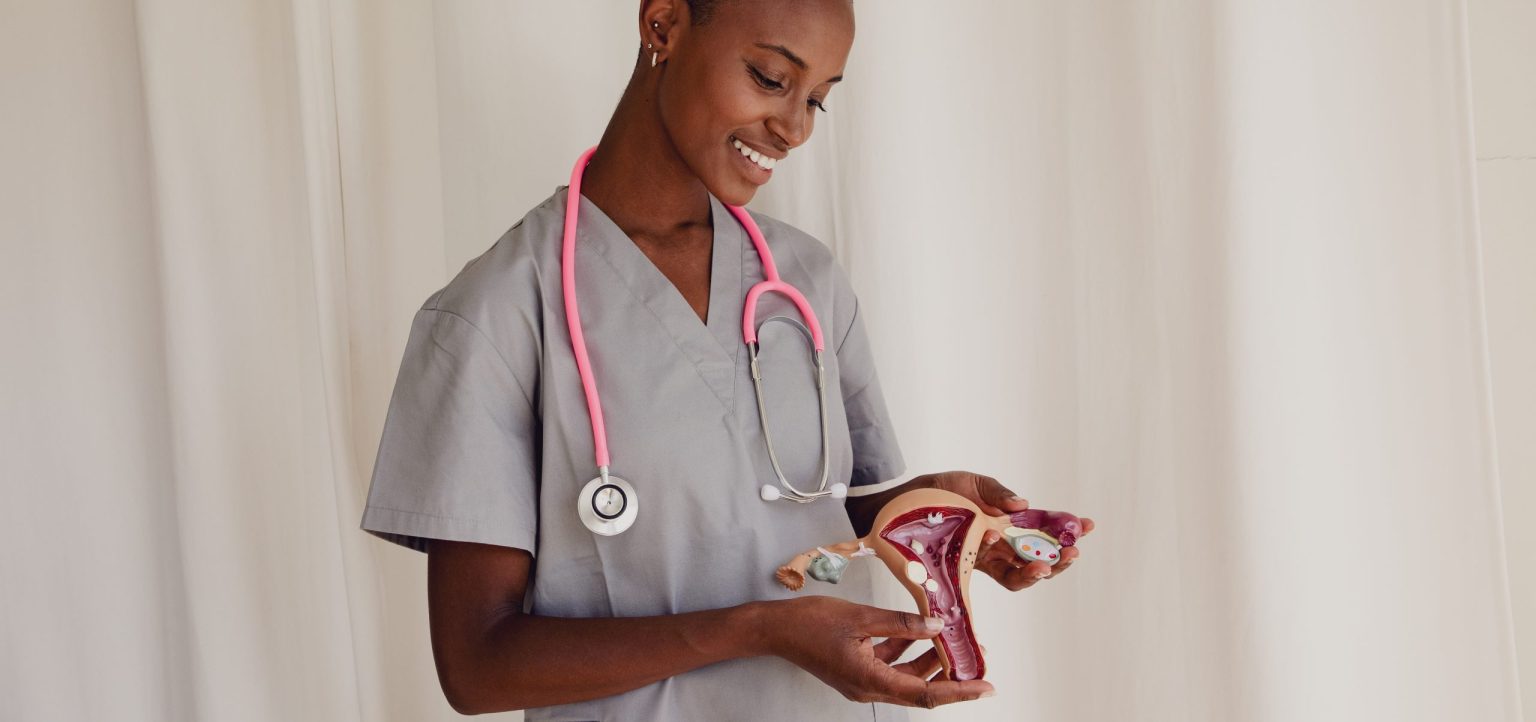All Things Endometriosis
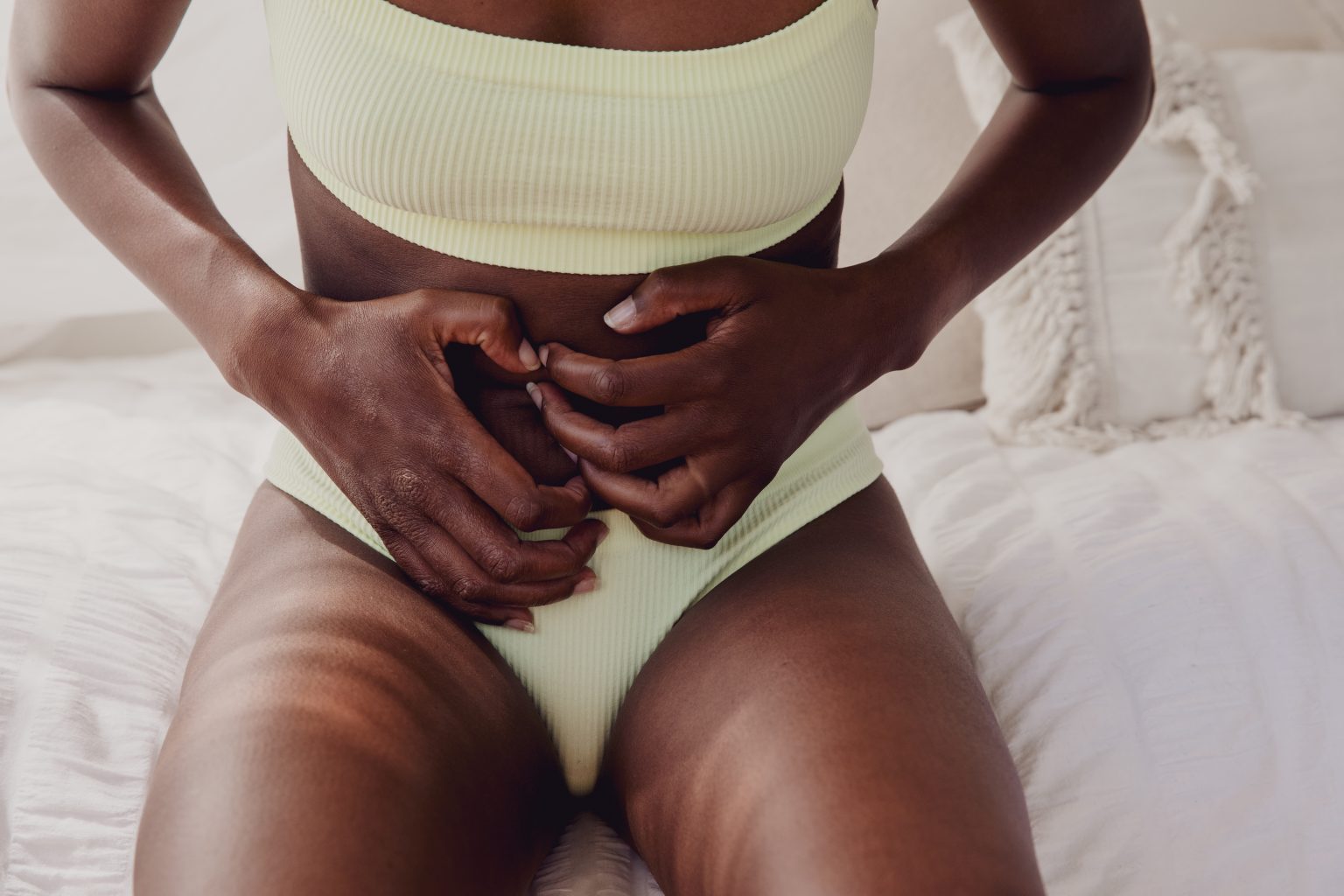
Teresa Truda & Dr Amanda Waaldyk sat down and discussed understanding all things Endometriosis.
What is endometriosis?
So endometriosis is essentially the migration of endometriotic tissue that basically grows outside of our reproductive organs. So it’s generally found outside the uterus, and it’s found wrapped around our reproductive organs. So it can be wrapped around our ovaries and the Pouch of Douglas. It can also be found in our fallopian tubes, through our diaphragm and sometimes the bowel can be involved. So what happens is a cell to cell miscommunication. Normally, there’s a misconception that endometriosis is the endometrium. And it’s not. Through recent research, that’s where it’s now being described as endometriotic tissue. And as we know, endometriosis can affect well, in Australia, it’s now one in nine, which is a huge statistic, 200 million women worldwide - a lot of the time it does get misdiagnosed because it can also be a silent condition. So women and menstruators can be going through their menstrual cycle each month and not actually experiencing anything. It’s not until they start to try for a family that they go for a laparoscopic surgery and they’re diagnosed with endometriosis. And I think that was basically my thing, I wasn’t diagnosed with Endo till I was 41, to be exact.
Amanda, please tell us your story with endometriosis.
I had quite a journey with it. For so many years I had really heavy periods. A lot of clotting. Very painful periods to the point that I was crouching over on the floor. I always thought that that was normal. And I never really went, oh, there’s something wrong. I was just like, well, that’s just my period, really intense heavy bleeding and intense long, heavy periods. Then I did try and explore what was going on with my cycles a few times and went and saw a couple of medical professionals and went on the pill and went down that path where I was on the pill for a good, like, ten years.
That obviously helped regulate and mask the symptoms. Then I went off the pill and I still felt like there was something not right. And it actually took one of my friends to talk to me. I’d been through a bit of a journey, a personal journey of miscarrying and falling pregnant and stuff, and that’s when one of my friends spoke to me. She said, you just don’t seem like yourself. You’re not right. And I think you should probably try and get some proper medical health professional advice.
I guess no one had ever really done the in depth kind of holistic health review to see what is going on in my body. And so it took me hours, 33 when diagnosed, I think, or 34. And it’s pretty incredible to think that I’ve existed this entire time putting up with and thinking that that’s actually what a normal period is.
I think that’s why we’re so passionate, really about ANP or All Natural Pharmacy because we really want to start to change the conversation and empower menstruators and women to basically really understand their menstrual cycle and what the importance of the menstrual cycle means, because gynecologically can tell us so much more about what’s actually going on internally. And then when we do find a healthcare provider that can then listen to us and then potentially offer, I think, greater diagnostics, then we can actually get to getting a proper diagnosis.
So generally what we describe as dismantler, which is painful periods, that is a high percentage for a lot of people with endometriosis pelvic pain, so you can have back pain. You can have pain that comes down your leg- shooting pain. You can also have nerve pain. There’s bloating, nausea, weight like you described before curling up in a ball, rectum pain. Also, heavy periods, clotty periods, mood swings, depression, anxiety. I think that’s also enhanced when we have been to particularly medical professional, and they have basically dismissed our symptoms as just being normal.
What are some of the generic symptoms of Endometriosis?
Fatigue is another big one as well. I mean, leading up to your period where you just feel absolutely exhausted, brain fog. I mean, there’s such a big umbrella of symptoms, IBS is a big one too.
How is endometriosis diagnosed?
Mainly through laparoscopic surgery, but also sometimes if there’s different stages of Endo, it’s graded from stage one through to stage four. So some menstruators and women, if they do have endometriosis, it will show up on a pelvic ultrasound. But for a lot of people, that’s where sort of that misdiagnosis goes because it’s like they’re experiencing all these symptoms under that umbrella. But when they go for a pelvic ultrasound, it’s showing that everything’s normal. So it’s not until you find the right surgeon. And that’s the thing, I think a lot of what I see in clinic is that women have had ablation, which is basically like the burning of the endometriotic tissue, which then causes a lot of scar and adhesion. And I think another thing that I wanted to point out, too is that, you can have an appendicitis and appendicitis can also be tied in with endometriosis as well.
I think it’s really important in the process of diagnosis to look at our mother’s history, what’s our grandmother’s history. For a lot of women back in our parents generation, endometriosis went misdiagnosed and undiagnosed because everyone was having children earlier and then when they got into their 40s and they’re going through menopause, if they are experiencing heavy periods, then undergo a hysterectomy.
So hysterectomy for our parents is key to really sort of understanding that genetic length through the maternal line. And sometimes too, it does skip a generation. So your mother may not have had it, but your grandmother may have had it or your aunty. There’s recent research that it can come through the paternal side, so looking at both sides of your parents.
Given that we’re in 2021 and only starting to talk about this now and realising the symptoms, like we’re probably very misdiagnosed. If I think my grandmother would not have been like, oh, I’ve got endometriosis, she probably wouldn’t have been diagnosed.
Is endometriosis shown on a biopsy?
An endometrium biopsy is generally if we’re doing IVF and the biopsy will show if there’s endometriitis, which is chronic inflammation of the endometrium tissue. And sometimes too, you can have endometriosis that is removed. That has endometriitis, and that’s just chronic inflammation of the tissue. And that’s generally due to to a history of sexually transmitted disease or a change in your microbiome. So normally through biopsy, it’s generally through histopathology, which is when you go for surgery, they then exercise your tissue, cut away the endometriosis tissue, and then that goes for testing.
How is endometriosis treated?
This is where Chinese medicine is really brilliant, because Chinese medicine looks at the whole person and then also at the menstrual cycle being our fifth vital sign. So our menstrual cycle can share so much information with us relating to our hormones, the colour of our blood, the volume of our blood, whether it contains clots or whether we’re experiencing pain. So we look really at the health of your period and how it’s affecting you each month.
We’re not only treating the issue of endometriosis within treating the umbrella symptoms associated with Endo. So I think it’s important to have pelvic physio. It’s also movement, gentle movement, yoga. Sometimes heat is not always the best either, because we’re putting the body into a stress state.
What are the common misconceptions around Endo?
So I mean, I guess you just touched on one, which is pain like pain is normal. Well, it’s not. Have a baby that’ll fix your Endo. Yeah. Have a baby. Which basically it’s so outdated. There are so many outdated misconceptions. You go on the Mirena that’ll help to solve your Endo. I think it just blows my mind how it’s essentially just an abandoned solution. That’s where it was interesting because I spoke to an Endo surgeon in the States. I asked him, does the pill actually solve the issue? And he said, no. He said what I’m passionate about is actually, like, really promoting the holistic approach towards endo. So nutrition, basically acupuncture, Chinese medicine, chiropractic osteo. I mean, it takes a village, really and making sure that you have all those different pillars to be able to help support you.
What are the links between IBS and endometriosis?
So you’ve got your bladder, you’ve got your vagina, and then you’ve got your rectum, and you’ve got the patch of Douglas where the endometriosis tends to grow. It can affect your bladder, or it grows in the pouch of Douglas, which is a cul de sac, basically. And so it’s close to the rectum. So, what happens is there the endometriotic tissue, which is what we call deep infiltrating endometriosis, can grow deep down into that crevice of the pouch of Douglas. Then it can grow into the bowel and start to affect your bowel. So that’s where we start to have these IBS symptoms. And IBS is essentially a result of either you’ve got microbiome issues or it’s linked to endometriosis because you stress and then you’ve got sacral nerves affected. This means when you come up to your period and the body prepares to release the blood, everything goes into this holding state. So you feel more bloated and you’re feeling like your mood can be little bit more irritated.
As soon as you have your period, the liver says the heart says to the liver, release the blood. And so the liver relaxes because it controls the tensions in Chinese medicine and the muscles. And then you get this diarrhea. That’s how it alternates. It’s very much linked to the gastrointestinal tract and has the most amount of motor neurons and neurotransmitters. It’s linked to our mood as well, which impacts our quality of life and our emotions.
What are your thoughts on SIBO and endo?
Yes - Sibo and endometriosis. There’s some great research out now to show that there’s a link between SIBO and Endo. Essentially, endometriosis changes at the ecosystem of our gastrointestinal tract and also vaginaly. And so SIBO can impact the endometriotic tissue and you get more symptoms of bloating gas. You can get nausea also with a change in your bowels. So one of the things that I recommend is to definitely rule out SIBO is to do the SIBO test, which is essentially a breath test.
And then that’s also linked into nutrition and diet. So it’s really interesting, the research out there that says some people say yes to have gluten. I think sometimes too. It’s really about seeing what your sensitivities are to test for the coeliac gene and then sometimes two to do an elimination diet to see whether gluten does actually affect your gut, because sometimes it’s the subtlety, right. So it’s noticing. Does gluten impact your energy levels? Does it affect your mood? Do you eat gluten? How does it affect your bowels?
Yeah endometriosis and gluten. Basically, it’s like adding fire to fire, so they don’t go hand in hand together.
Yeah. but would you say that is circumstantial because gluten might still be fine, for some people that have endometriosis.
Can pain be more excruciating during ovulation with endometriosis?
Yes, you can have endometriosis growing around the ovary which starts to impact the way you’re ovulating. If you’re really young and have a low AMH then we know it can be connected to endometriosis.
Want to find out more?
This post has been extracted from our conversations in our Womb Talks IGTV series. To listen or watch our episodes, visit YouTube or listen to our Podcast.
Click on the video below to watch the full episode.
ANP are creating a revolutionary movement, and it all starts with each and every menstruator (that’s you) understanding the fundamentals of their 5th vital sign (their menstrual cycle).
Get social & follow us for the latest on your gynae health.
